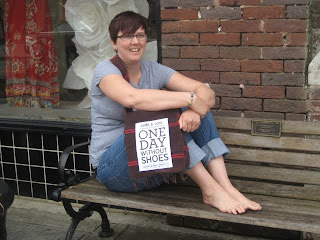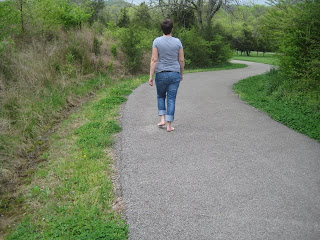1. What percentage of the world’s population is at risk for malaria?
41% of the world’s people live in areas where malaria is transmitted, including parts of Africa, Asia, the Middle East, and Central and South America.
2. Malaria kills more than 1 million people per year around the world. What percentage of these deaths are children in Africa?
90% of those who die from malaria are African children.
3. How often ( in seconds) does a child die from malaria in Africa?
30--In Africa a child dies from malaria every 30 seconds. However, those who survive are not left unaffected. Many children who live through malaria are left with brain damage or learning disabilities.
4. True or False: Malaria infections in Africa have decreased in the last three decades.
False. Although malaria is an easily preventable disease, because of increasing drug resistance and struggling health-care systems, malaria infections in Africa have actually increased during the last three decades.
5. True or False: Malaria infections are contagious.
False. Malaria is transmitted by certain types of mosquitoes that carry a parasite that causes the disease. A person contracts malaria when he or she is bitten by an infected mosquito.
6. How many different types of human malaria are there?
Four types of malaria infect humans, although only two types cause most deaths. Of those deaths, most occur among children under age 5.
7. True or false: Only female mosquitoes transmit malaria.
True. Only the female Anopheles mosquito can transmit malaria.
8. Installing a bed net treated with insecticide decreases malaria transmission by what percentage?
90%. Using bed nets treated with insecticide can reduce malaria transmission as much as 90%. Bed nets are treated with insecticides that are not harmful to humans but are highly toxic to insects.
9. In Africa what time are you most likely to get bitten by a malaria-infected
mosquito?
In the middle of the night. The African malaria mosquitoes generally bite late at night or during early morning, between 10 p.m. and 4 a.m.
10. The word malaria comes from two medieval Italian words meaning:
Bad Air. The word malaria originates from the Italian language and translates literally as “mala aria” or “bad air.” This came from the early belief that the disease was caused by breathing the stale, warm, humid air found around swamps.
Information from World Vision, www.nothingbutnets.net, cdc.gov, and malarianomore.org

































